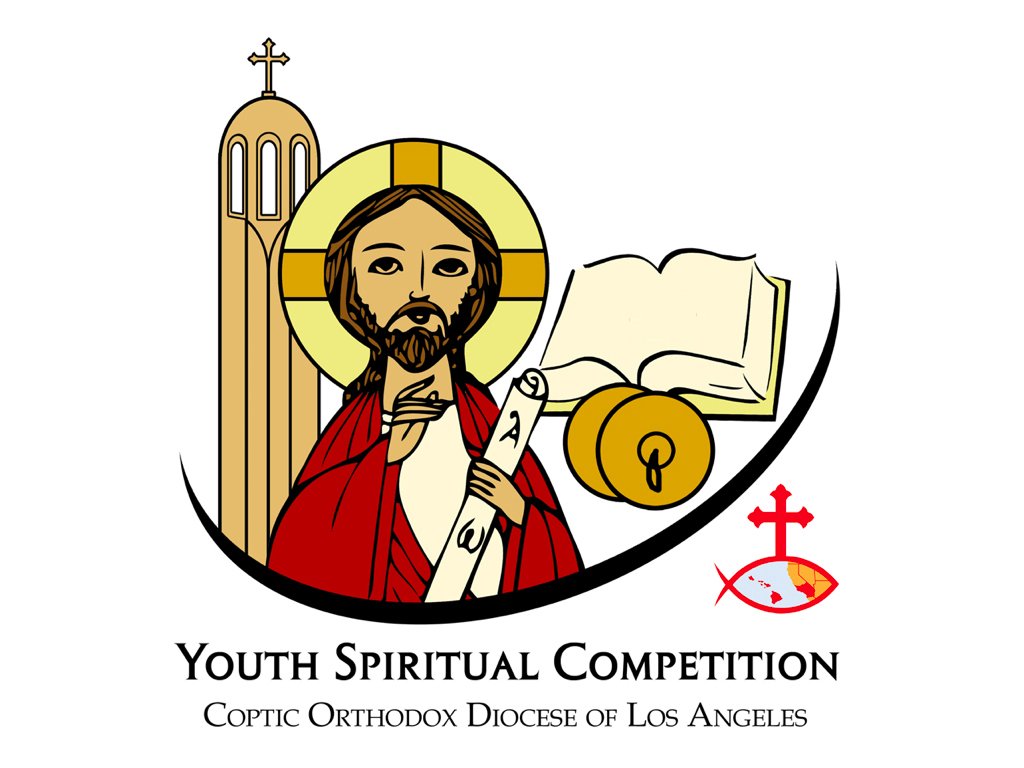YSC COMPOSING ORTHODOX MELODIES PROJECT
PURPOSE
The purpose of the category of the YSC is to create Orthodox melodies and hymns that are fitting to our faith that could be used in youth meetings, Sunday School, and retreats, etc.
THEME
Participants are to compose the text of the hymns and melodies based on the theme provided.
This year the YSC is focusing on the book of Leviticus and the Council of Chalcedon.
Utilizing this theme, you may do any of the following:
Compose a melody based on any of the study material, including themes and subtopics presented in the material.
RULES AND REQUIREMENTS
Participants must be in Junior High, High School, College, or English Adults.
Participants do NOT have to be competing in the YSC directly on a team.
Participants will only submit 1 hymn, song, or melody for consideration.
Participants must submit a written text and audio file recording for your entry to be considered.
The melody/hymn must be suitable for congregation worship and not individual solos.
The melody/hymn must represent the Coptic Orthodox faith and manner of worship (in tune, rhythm, style, etc.)
Ecclesiastical tunes from the church (such as doxologies, venerations, etc.) may be applied to your own composed text. However, you may not use tunes designated for one type of hymn for another type. For example, you may not use the tune of the Verse of Cymbals, which is a hymn sung during the Raising of Incense service for a veneration (tamgeed) hymn because each is its own standard type of tune.
No accompanying music should be in the recording, only vocal recordings are accepted.
You will NOT be judged on your performance of the melody/hymn but ONLY on the words and the melody.
WINNERS
This project is an additional element to the overall Youth Spiritual Competition. This is a sub-competition; the top three winners will be selected from the competition pool. First, second, and third place winners will be announced at the YSC Competition on August 12, 2023, as well as on the website. Winners will have their composition featured on the YSC website and on Anaphora Radio.
MISCELLANEOUS INFORMATION
By submitting your audio file, we, the YSC (a part of the Diocese of Los Angeles) will have full copyright to the music and text of the song and will have the right to use the music and/or text as we wish.
This competition is to encourage the YSC to provide original material to listeners. In return, the YSC does its best to present these submissions to the general public in different avenues, such as different internet radio stations and other services to promote these songs.
The song must be original work and may not be used for any other competition or have been previously submitted to any other competition.
SUBMISSION REQUIREMENTS:
Two (2) audio files must be submitted before the due date of the competition.
An uncompressed file:
Format: WAV, WAVE, or AIFF.
Bit Depth/Rate: 16 bit.
Sample Rate: 44100 Hz (44.1 kHz)
Compressed file:
Format: MP3
Bitrate: 128 kbps (44100 Hz)
A typed copy of the lyrics must be provided, along with a photo of the participant and a video recording of the participant singing the melody or hymn.
ENTRY INFORMATION
Entries for the competition must be submitted by July 23, 2023 at 11:59 pm via email to the YSC Committee at info@ysc-keraza.org. Winners will be notified at the YSC Competition.
AUTHORSHIP
Each entry shall be the original work of a single individual. However, jointly authored submissions are eligible, a maximum of 5 members on the team.
CRITERIA AND JUDGING
The YSC Committee reserves the right to determine judging methodology. The YSC Committee also reserves the right not to award any prizes if it is determined that no entries are of sufficient quality to merit selection that year.
ENTRIES WILL BE JUDGED BASED ON THE FOLLOWING CRITERIA:
Orthodoxy of teaching
Creativity in word usage and rhymes
Originality of melody selected for the words (although repurposing melodies are still acceptable)
Use of Biblical text and Liturgical terminology

